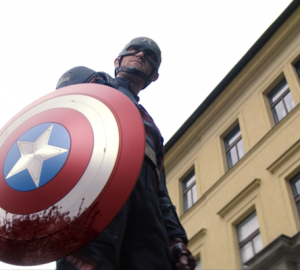
By age eleven, I learned to accept excessive acts of violence on students of color as a natural part of the school environment. A resource officer informed my class of eleven and twelve-year-olds that anyone caught near a fight would be pepper sprayed. I internalized this as a well intentioned threat — a warning against walking into potentially dangerous situations in a post-Columbine school world, but it turns out that this statement was not just a threat, but an aggressive police policy to deal with minor disciplinary problems. Recently, in a federal court case, A.C. Roper, Birmingham City Police Chief, defended these actions. As a child, I accepted this as a part of the school environment, but after the incident in South Carolina in which a resource officer dragged a student across a classroom after she failed to comply with orders, I cannot accept this as the norm for discipline in schools.
The alternative lies in what teachers have been doing for years to manage their classrooms. Child care professionals are some of the most overworked and underpaid individuals who are responsible for educating and disciplining youngsters barely old enough to understand right and wrong. These individuals must tolerate being cursed at, kicked and occasionally bitten by children learning the rules of the world and how to cope with their emotions. At no point is it acceptable for a child care professional to lose their composure and physically lay their hands on another person’s child to stop undesirable behavior. Discipline, for teachers, is about more about rehabilitation than punishment, teaching consequences and presenting alternatives that decrease the frequency of or even stop the problem.
Police officers, especially those in schools, should be scrutinized the same as a preschool teacher. If it is unacceptable for teachers or other school administrators to respond with excessive force to misbehavior in the classroom, then the same rule should apply to an officer. This is not to trivialize the difficulty of disciplining uncooperative, older students. Students who defy authority need strong consequences, but not so excessive that in turns a classroom into a combat zone.
No child should accept violence from uniformed officers as normal within school or within their community. The earliest development of morality in children is their understanding of fairness. For them, one set of rules governs all people, and there are no exceptions. Rather than debating if is it necessary to use force to control a classroom, the debate should surround how well-defined are the rules that give guidance to how to handle discipline constructively. When it comes to law and order in the classroom, sometimes it should be that elementary.























